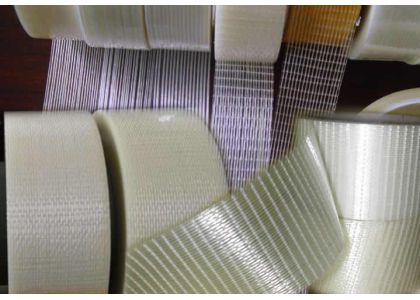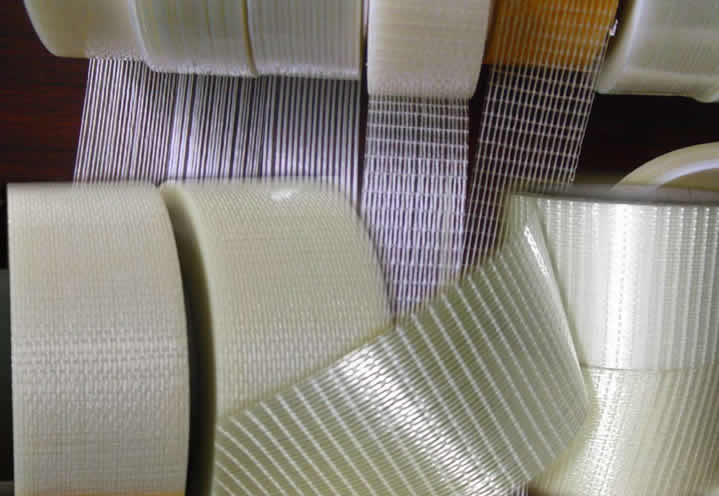
In the realm of industrial packaging, packing filament tapes are indispensable for securing heavy loads and ensuring product integrity during transit. These tapes, often reinforced with fiberglass or polyester filaments, offer exceptional tensile strength and durability. A critical attribute that determines their effectiveness is impact resistance—the ability to withstand sudden forces without failure. This article delves into the significance of impact resistance in filament tapes, explores testing methodologies, and provides guidance on selecting the appropriate tape for various applications.
Impact resistance refers to a material's capacity to absorb energy and resist breakage when subjected to sudden impacts. For filament tapes, high impact resistance ensures that the tape maintains its integrity under stress, preventing package failure. This property is especially vital in industries where goods are exposed to rough handling or dynamic loads.
Evaluating the impact resistance of filament tapes involves standardized testing procedures:
Charpy Impact Test: Measures the energy absorbed by a material during fracture.
Izod Impact Test: Similar to Charpy but with a different specimen orientation.
Drop Weight Test: Assesses a material's ability to withstand sudden impacts from a falling weight.
Dart Impact Test: Commonly used for films and thin materials, where a weighted dart is dropped onto the specimen to evaluate its resistance.
These tests provide quantitative data on a tape's toughness and suitability for specific applications.
Several elements affect the impact resistance of filament tapes:
Material Composition: Tapes made from polyester filament tend to offer higher impact resistance compared to other materials.
Reinforcement Pattern: Cross-weave patterns enhance strength and distribute stress more evenly.
Adhesive Type: High-quality adhesives maintain bond integrity under sudden forces.
Tape Thickness: Thicker tapes generally absorb more energy, improving impact resistance.
Understanding these factors aids in selecting the appropriate tape for specific packaging needs.

Packing filament tapes are utilized across various industries:
Logistics and Shipping: Securing heavy cartons and pallets to prevent movement during transit.
Manufacturing: Bundling pipes, rods, or other components for organized storage and transport.
Construction: Reinforcing packages containing building materials to withstand rough handling.
Automotive: Ensuring the safe shipment of parts and assemblies.
Each application demands tapes with specific impact resistance properties to ensure product safety and integrity.
Choosing a reliable supplier is crucial for obtaining high-quality, impact-resistant tapes. Consider the following when evaluating suppliers:
Product Range: Suppliers offering a variety of polyester filament tapes, heavy-duty filament tapes, and packing filament tapes cater to diverse needs.
Quality Assurance: Look for suppliers adhering to industry standards and providing consistent product quality.
Technical Support: Suppliers with knowledgeable teams can assist in selecting the right tape for your application.
Customization Options: Ability to provide tapes in various widths, lengths, and adhesive types.
Partnering with a reputable supplier ensures access to tapes that meet your performance requirements.
Evaluating the impact resistance of packing filament tapes is essential for ensuring package integrity and safety. By understanding the factors that influence toughness and selecting tapes tested for high impact resistance, businesses can enhance their packaging solutions. Collaborating with the best filament tape suppliers guarantees access to high-quality products tailored to specific needs.